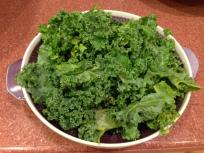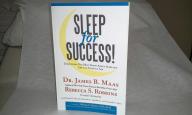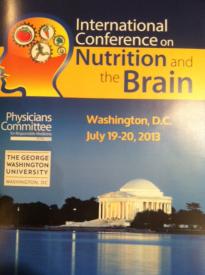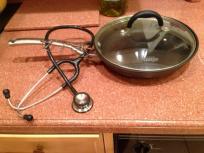This is definitely one of those topics that only gets more confusing the more you read. So, you need to have a philosophy about it and fit each new bit of information into your overall framework. That way, you're not constantly reeling from 'no carbs' to 'low fat' to 'grapefruits only' to whatever is in. Among physicians, there isn't any consensus about what is best for you. The only thing we can probably agree on is that no one diet suits everyone. In this section, over time, we hope to provide enough helpful information so you can make healthful decisions on your own.
In a nutshell, my philosophy is that fruits, vegetables, and whole grains should make up most of your intake. Lean protein such as fish, chicken, turkey or tofu, nuts, lentils. and beans should comprise the rest. The most important to me is eating 'whole foods' as they come out of the ground and limiting processed foods as much as possible. The food industry has studied and perfected combining the most tempting, and at times addictive, combinations of fat, salt, and sugar in restaurant and supermarket offerings. They know how to keep you coming back for more.
Varying what you eat can keep your meals interesting. I aim to include 'superfoods' such as spinach, tomatoes, pumpkin, blueberries, and hemp seed, which I think are delicious. Experiment with foods that contain antioxidants, such as vitamins C and E, lycopene (think tomatoes), and beta-carotene (pumpkin and carrots). These and many others are beneficial when eaten in 'whole foods' but not when taken in pill form.
Of course, not one nutrition plan suits everyone, since food preferences or intolerance and medical issues must be considered.
But for the majority of people, if you eat whole foods and nourish your body and soul with a wholesome variety of nutritious foods, your mind and body will thank you. Often, people don't realize that fatigue, insomnia, depression, and other issues are closely tied to what we eat. In our posts in this section, we'll provide some practical information and keep you posted on the latest and greatest in nutrition news. Send us your questions!










